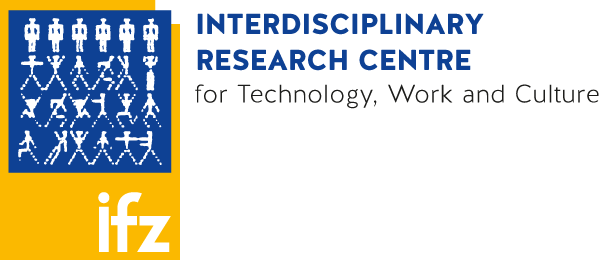Let´s talk about GOLD
In order to render the relationship between this scientific domain and society more stable a better understanding of the way lay-people position themselves towards this kind of research, how they perceive the social and ethical issues that are at stake and in particular how gender and the fact of being directly affected impinges upon this, is needed.
BMBWK Research project within the Accompanying Research Programme ELSA within the Austrian Genome Research Programme GEN-AU.
2004-2007
- Department for Social Studies of Science of the University of Vienna (coordinator: Univ.-Prof. Dr. Ulrike Felt).
In recent years we have witnessed an increase in public controversies concerning issues of science and technology in particular linked to questions of genetics. Trust in existing societal mechanisms of handling the relation of science, technology and society seems shaken. The purely expert oriented models of dealing with social and ethical issues in these domains start to be questioned.
As an answer to the apparent loss of public trust both national governments but also actors on the EU level try to implement new mechanisms of science-society interactions in order to assure a better integration of science and technology into society, to make innovations possible and to allow for a more fine-grained debate with a lower degree of polarisation.
However in order to render the relationship between this scientific domain and society more stable a better understanding of the way lay-people position themselves towards this kind of research, how they perceive the social and ethical issues that are at stake and in particular how gender and the fact of being directly affected impinges upon this, is needed.
It therefore seems essential to develop methods for exploring societal positionings concerning these areas of research at an early stage, which could also help to establish a setting in which a constructive discussion of these issues becomes possible.
The project follows the Swiss model of the "Round Tables": Over a period of 1 year a group of lay-people, chosen to represent diverse perspectives on the topic, will meet regularly with researchers working on a project in the area of genomics, in our case the project GOLD (Genomics of Lipid-Associated Disorders) and discuss different aspects of this research.
The researchers will present their work und talk about the way they plan to proceed, the questions they face and what they see as potential impacts of their research. It is also planned to add lab-visits and invite medical doctors who actually deal with patients having these illnesses as well as professional ethicists.
The Round Tables will allow for the lay members to develop a differentiated view of this kind of research and a position towards its ethical and social dimensions. Furthermore they will be able to contribute their own situated experiences. The involved scientists will be able to see, which questions and positions lay-people have concerning their research. Opposed to a "citizen conference" the lay-people will not ask experts for the knowledge. Rather, the focus of the Round Tables will be to allow for a common communicative development of experiences in the engagement of medical genetics and society.
The aim of this setting is to allow for mutual learning, for expressing expectations, hopes and fears with regard to the research topic. It is a process in which a relationship of trust can be fostered and a place where new kinds of thoughts about the possibilities and constraints of this type of research for the individual citizens, but also for the collective can be developed.
